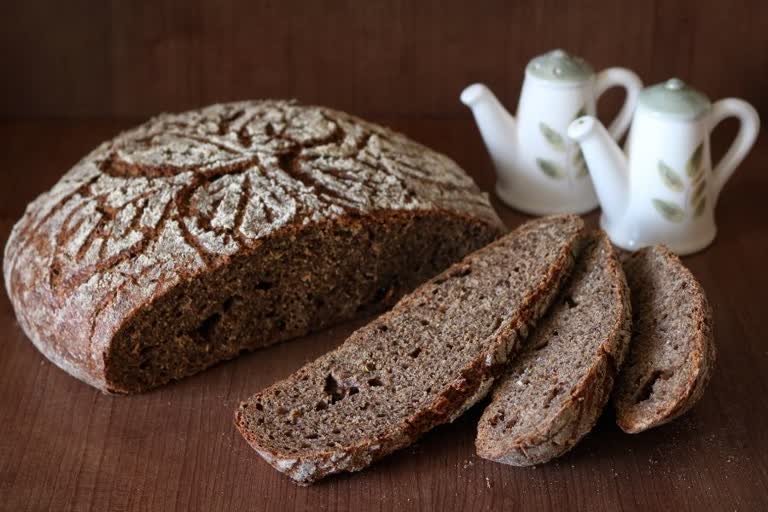The study by the Chalmers University of Technology is the largest study yet designed to evaluate the effects of particular types of grains on body weight and body fat, as well as the first study to focus specifically on rye.
The study included 242 overweightmen and women, between the ages of 30 and 70 who were randomly assigned carefully adjusted daily amounts of refined wheat or whole-grain rye products with the same energy value. All participants also received the same general advice on healthy eating from a dietitian. The participants were examined at the start of the study, halfway through, and at twelve weeks, when the study ended.
"The results were clear - the participants who received rye products lost more weight overall, and their levels of body fat decreased compared to those who received wheat products," said Kia Nohr Iversen, a researcher at the Division of Food and Nutrition Science at the Chalmers University of Technology, and lead author of the study, which forms part of her recently presented doctoral dissertation.
Although both the rye and wheat groups lost weight during the study, those who ate rye products lost an average of one kilogram more than those who ate wheat products, with the difference attributable to fat loss.
Different people can react to the same foods in different ways, depending on, for example, the particular bacteria present in the gut, and the way they break down. At the Division of Food and Nutrition Science at the Chalmers University of Technology, research is underway into how diet can be better adapted to the individual level, providing precision nutritional advice to yield greater health benefits. The new study offered unique data that can be used to further research in this area.
"Although we saw an overall difference in weight loss between the rye and the wheat group, there was also very large variation within those groups. Increasing our understanding of why different people respond differently to the same foods can pave the way for more specifically tailored diets based on individual needs. We are currently investigating whether certain specific bacteria in the intestine might be the explanation behind why some people lost more weight than others who were also on the rye diet," said Rikard Landberg, Professor of Food and Health at the Chalmers University of Technology.
Also Read:How To Make Your Basic Meals Full Of Nutrition
Obesity and excess weight are among the biggest health challenges in the world and require many different measures. One idea is to develop foods that contribute to an increased feeling of fullness and have positive effects on metabolism.
